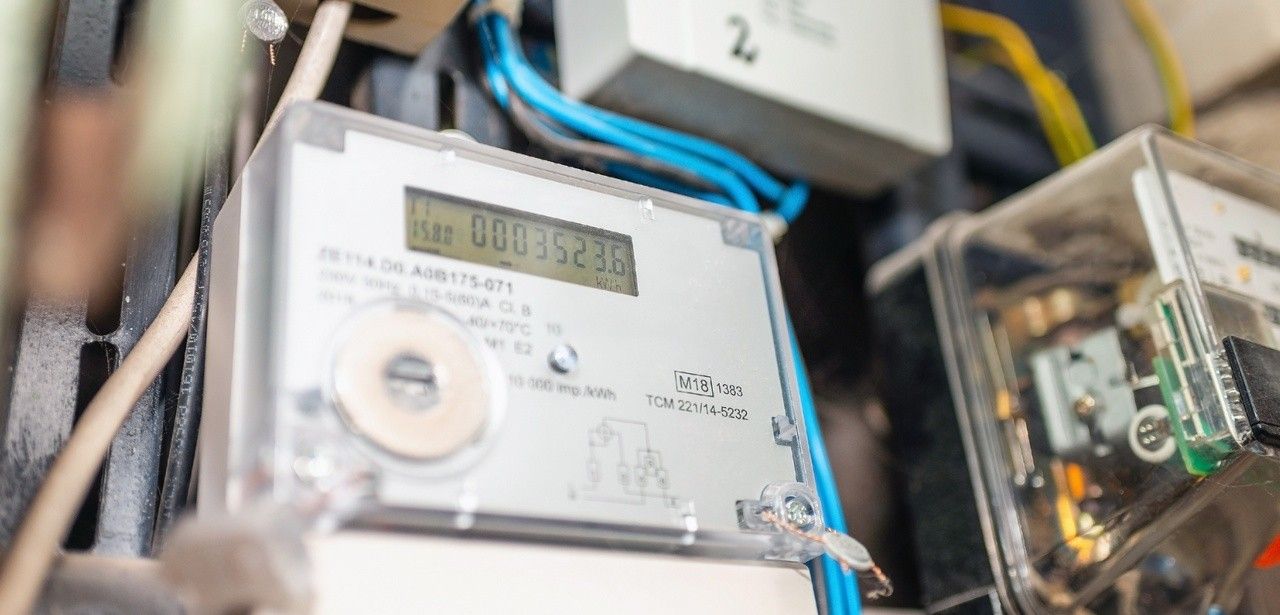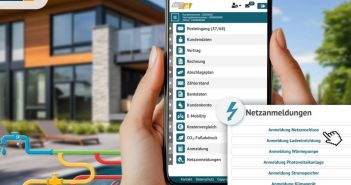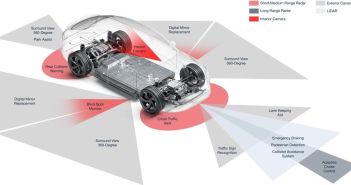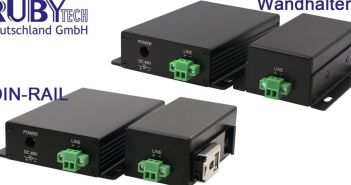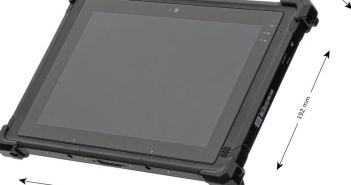Smart meters are set to be widely implemented by 2032 as part of the digitalization of the energy transition. This means that consumers will have access to advanced metering technology that will enable more efficient energy usage and the ability to adapt consumption to dynamic pricing. The installation of smart meters will be mandatory for households with an annual electricity consumption above 6,000 kWh, as well as for operators of photovoltaic systems with a capacity of 7 kW or more, and for those using controllable devices like heat pumps.
Table of Contents: What awaits you in this article
The Impact of Smart Meters on Consumers by 2032
Smart Meters to be Installed by 2025: What to Know
Starting from next year, consumers will have the option to request a Smart Meter from their metering service provider, allowing them to stay ahead of the game in terms of energy consumption management. The installation process must be completed within four months of the request, as mandated by law. Although gas meters are scheduled for implementation in 2025, the availability of Smart Meters for electricity consumption marks a significant step towards the digitalization of the energy transition.
Mandatory installation of Smart Meters: Who is affected?
The obligation to install smart meters applies to households with an annual electricity consumption exceeding 6,000 kWh, as well as operators of photovoltaic systems with a capacity of at least 7 kW, and those using controllable consumption devices like heat pumps. By the end of 2025, at least 20% of these cases must have smart meters installed, increasing to 50% by the end of 2028, and 95% by the end of 2030. The meter operators will proactively inform households about these requirements at least three months in advance.
Mandatory installation of Smart Meters for high energy consumers
- The installation of a Smart Meter is mandatory for households with an annual electricity consumption of over 6,000 kWh
- Households with an annual electricity consumption of over 6,000 kWh are subject to the installation requirement, as well as operators of photovoltaic systems with an installed capacity of 7 kW or higher
- Smart meters offer the ability to monitor and control energy usage in households with devices such as heat pumps
By the end of 2025, at least 20 percent of households must have a Smart Meter installed. This requirement increases to 50 percent by the end of 2028 and 95 percent by the end of 2030. The companies responsible for metering will contact households in advance, providing a minimum of three months’ notice. This proactive approach ensures that households have sufficient time to prepare for the installation of Smart Meters and understand the benefits they offer.
No mandatory smart meters for households, but digital replacements
While there is no mandatory requirement for smart meters in households that do not fall under the specified criteria, traditional meters will be replaced with digital models. Additionally, the metering service provider has the authority to decide whether to install smart meters even without legal obligations.
The Importance of a Gateway for a Smart Meter
A full-fledged smart meter in your home requires the presence of a data transmission gateway. This gateway acts as a bridge between the smart meter and the utility company, enabling the two-way communication of consumption data. Without this gateway, the smart meter would not be able to transmit or receive data, limiting its functionality and capabilities.
Smart Meters are devices that not only promote more efficient use of electricity but also allow consumers to adapt their consumption to dynamic pricing plans. By doing so, they play a significant role in driving the transition to renewable energy sources and help households save on long-term electricity costs. With accurate consumption data and the ability to control electricity usage, Smart Meters serve as a crucial tool in achieving a sustainable energy supply.


